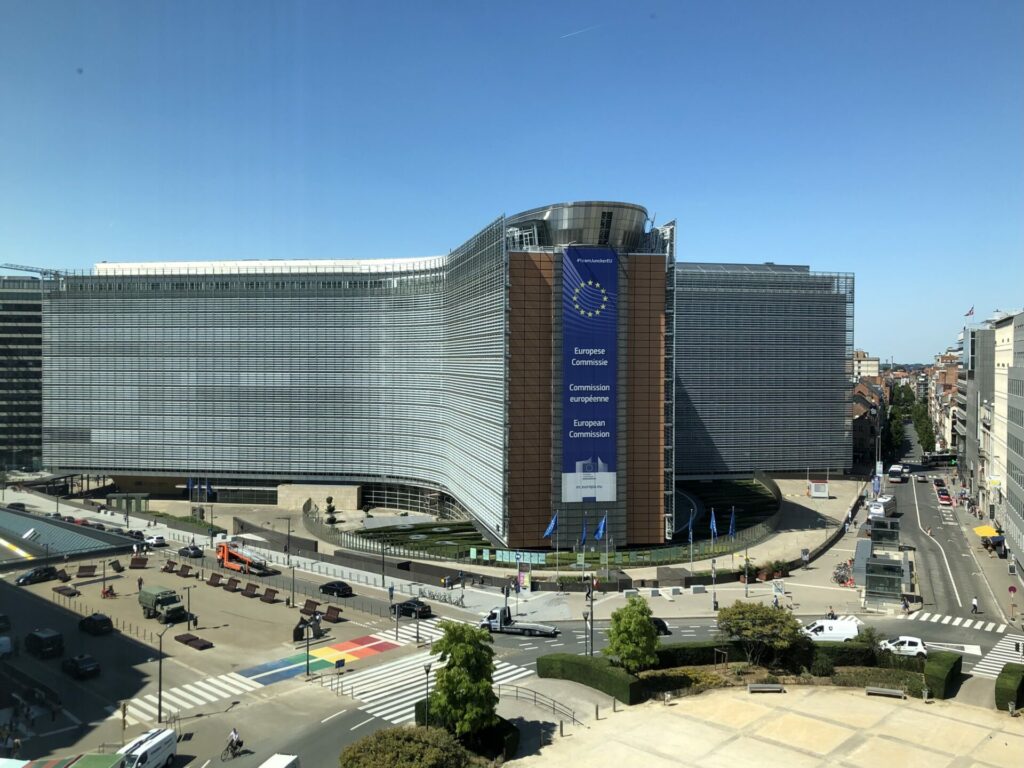European Commission chief, Ursula von der Leyen, announced on Tuesday that a fifth package of sanctions will target Russia in response to the massacre of civilians in Bucha and in other parts of the country.
Von der Leyen outlined the details of the new package in a statement, but fell short of proposing a ban on Russian gas imports.
The new round of sanctions will ban imports on coal from Russia worth €4 billion per year, cutting off an important source of revenue for the Kremlin.
In a bid to further weaken Russia's financial system, the EU also aims to implement a full transaction ban on four key Russian banks.
As a way of downgrading Russia's technological and industrial capacity, targeted export bans worth €100 billion will cover goods such as quantum computers and advanced semiconductors, but also sensitive machinery and transportation equipment.
Russian and Russian-operated vessels will also now be banned from accessing EU ports, with an additional ban on Russian and Belarusian road transport operators as a way of preventing Russian industry from obtaining key goods for production.
New import bans on products such as wood, cement, seafood and liquor, among others, aim to "cut the money stream of Russia and its oligarchs".
Related News
- Butchers of Bucha: World reacts with horror to Russian atrocities
- European leaders plan further sanctions on Russia
- EU leaders Von der Leyen and Borrell travel to Kyiv this week
Addressing the issue of European citizens' tax money going to Russia, the new package includes a ban on the participation of Russian companies in public procurement in Member States, as well as an exclusion of all financial support.
"Finally, we are also proposing further listings of individuals," von der Leyen added."We are also working on additional sanctions, including on oil imports, and reflecting on some of the ideas of the Member States, like taxes or specific payment channels such as an escrow account."
No sanctions on gas imports
The EU has so far avoided huge sanctions on the energy sector due to the dependency of many member-states on Russia.
Russia is the leading supplier of fossil energy sources, such as gas, coal and oil, to the EU. While the EU has shifted its position in banning Russian coal and sanctioning oil imports, von der Leyen did not mention Russian gas.
Germany in particularly has pulled the brakes on energy sanctions, stressing that it needs its Russian gas in the immediate future.
French President Emmanuel Macron, however, was open to targeting both "coal and oil" on Monday.
Italian Foreign Minister, Luigi di Maio, also stated on Monday night that Italy would not block a ban on Russian gas, despite its heavy reliance on it.

